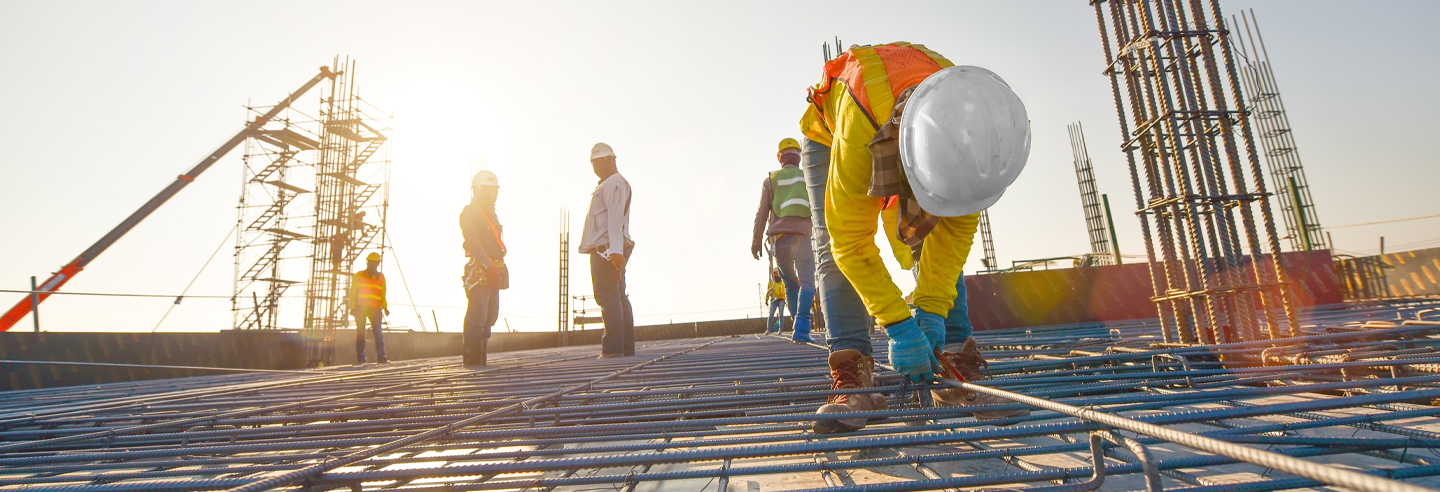
When it comes to commercial buildings, choosing the right roofing system is crucial for functionality, aesthetics, and longevity. In New Jersey, where weather conditions can vary dramatically throughout the year, flat roofs have gained popularity among business owners and builders alike. This article will explore the various reasons why flat roofs are an ideal choice for commercial buildings in the Garden State.
1. Cost-Effective Installation and Maintenance
One of the most significant advantages of flat roofs is their cost-effectiveness. The commercial flat roof installation NJ process is generally quicker and less labor-intensive than that of sloped roofs, leading to lower overall costs. Given the large surface area of commercial buildings, the reduction in labor can lead to substantial savings.
Moreover, flat roofs are easier to inspect and maintain. Routine maintenance is simplified, making it easier to identify and address potential issues such as leaks or drainage problems. Regular upkeep can extend the lifespan of the roof and prevent costly repairs down the line, making flat roofs a smart long-term investment for New Jersey businesses.
2. Efficient Drainage Solutions
New Jersey experiences a range of weather patterns, including heavy rain and snowfall. Flat roofs are designed to facilitate drainage, with proper sloping that allows water to flow toward designated drainage points. This efficient water management reduces the risk of standing water, which can lead to leaks and structural damage.
Installing additional drainage systems, such as gutters and downspouts, can further enhance the performance of flat roofs. This proactive approach to drainage is essential in preventing water accumulation and protecting the integrity of the building.
3. Versatile Design Options
Flat roofs offer a variety of design and functional options, making them suitable for various commercial applications. They can be easily modified to accommodate HVAC units, solar panels, and other rooftop equipment. This flexibility allows business owners to maximize their building’s functionality without sacrificing aesthetics.
Furthermore, flat roofs can be transformed into usable outdoor spaces. Rooftop gardens, terraces, and recreational areas can be created, providing valuable space for employees or clients. This versatility adds an extra layer of value to commercial buildings, making flat roofs an attractive option for many businesses.
4. Energy Efficiency and Sustainability
In an age where sustainability is increasingly important, flat roofs can contribute to energy efficiency in commercial buildings. The installation of reflective roofing materials can help reduce heat absorption, keeping indoor temperatures cooler during the hot summer months. This reduction in heat can lead to lower energy consumption and decreased utility bills, benefiting both the environment and the bottom line.
Moreover, flat roofs provide an excellent opportunity for incorporating green roofing systems. By adding vegetation and landscaping to a flat roof, business owners can enhance insulation, manage stormwater runoff, and improve air quality. This commitment to sustainability can also bolster a company’s reputation and attract environmentally-conscious clients.
5. Enhanced Accessibility
Flat roofs are more accessible than sloped roofs, allowing for easier maintenance and repairs. This accessibility is crucial for commercial buildings, where regular upkeep is essential to ensure the roof’s longevity. Maintenance personnel can safely walk on flat roofs, making inspections and repairs quicker and more efficient.
This feature is particularly important in New Jersey, where the harsh winter weather can lead to ice accumulation and snow loads on roofs. Regular inspections and prompt removal of snow and ice are vital to prevent damage and maintain the roof’s integrity. The ease of access to flat roofs simplifies these processes, contributing to overall building maintenance.
6. Strong Resistance to Wind and Snow Loads
New Jersey’s diverse climate brings unique challenges, including heavy winds and snow loads. Flat roofs are designed to withstand these elements, provided they are properly engineered and installed. The flat profile of the roof minimizes wind resistance, reducing the likelihood of damage during storms.
Additionally, flat roofs can be constructed with materials specifically designed to handle snow loads. This durability is essential for commercial buildings, where structural integrity is paramount. Business owners can have peace of mind knowing their flat roofs are equipped to handle the challenges posed by New Jersey’s weather.
7. Improved Aesthetics and Modern Appeal
Flat roofs are often associated with modern architecture and sleek designs. For businesses aiming to create a contemporary image, flat roofs can complement the overall aesthetic of the building. The clean lines and minimalist look of flat roofs can enhance a commercial property’s curb appeal, making it more attractive to clients and customers.
Moreover, flat roofs can easily accommodate signage and branding elements, further enhancing visibility and recognition for the business. This combination of functionality and style makes flat roofs a popular choice for many commercial establishments in New Jersey.
Conclusion
In conclusion, flat roofs offer numerous advantages for commercial buildings in New Jersey, from cost-effective installation and maintenance to energy efficiency and modern aesthetics. R Stevens Commercial Roofing industries served various industries, including retail, manufacturing, and hospitality, which highlights the versatility of flat roofs in accommodating diverse commercial needs. Their efficient drainage solutions and strong resistance to environmental challenges make them an ideal choice for business owners looking to invest in a reliable roofing system.
As New Jersey continues to evolve, the demand for commercial spaces that are both functional and aesthetically pleasing will only grow. Flat roofs not only meet these demands but also provide the flexibility needed to adapt to changing business needs. By choosing a flat roof for their commercial buildings, New Jersey business owners can ensure they are making a sound investment for the future.

